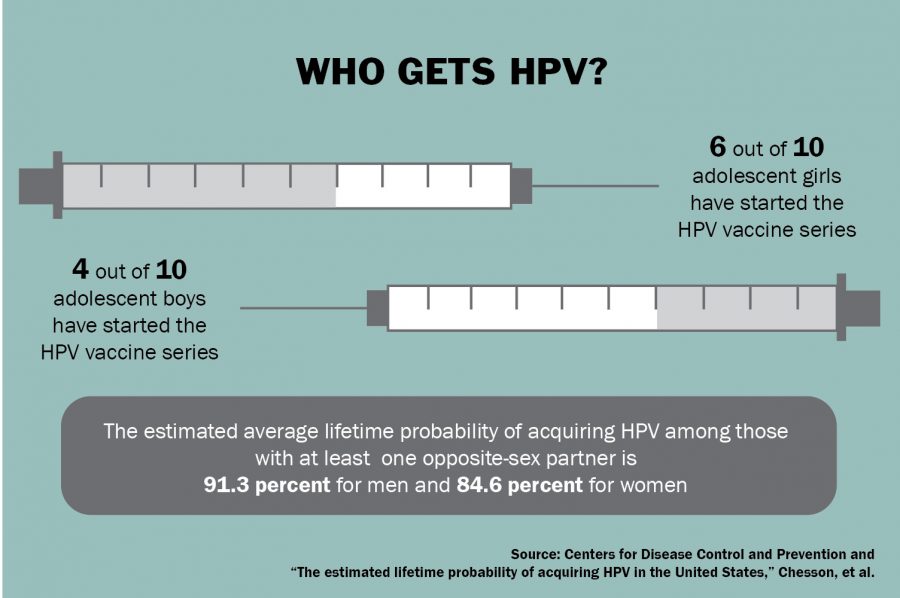Health Policy
Explore all Articles
filter by–Region
filter by–Country
search by–Keyword

HPV is Not Just a “Women’s Disease”: Men Should get Vaccinated too
11.1.22
HPV has traditionally been framed as a disease that largely affects females, but should males get vaccinated as well? Ng Qi Siang argues that gender-neutral vaccination is more effective than female-only vaccination in terms of cost-efficiency and containing viral spread. He proposes that the government reframe HPV as a disease that affects all genders and move towards a gender-neutral HPV vaccination policy in the near future.

Making The Cut: The Ramifications of Drug Pricing Reform in the U.S.
05.4.22
Astronomically high drug prices are not a new issue in the wild world that is United States healthcare. The U.S. tends to spend far more on the same prescription medications than most of the world, and this has significant impacts on patients’ health and financial outcomes. Forty percent of patients attribute difficulty affording medications as […]

An Application of Strategic Health Diplomacy in Latin America and the Caribbean: The U.S. Southern Command
02.3.16
BY RICHARD MENGER MD, ANIL NANDA MD MPH, AND WILLIAM FRIST MD Strategic Health Diplomacy (SHD) recognizes that targeted global health initiatives can be an important foreign policy tool for the United States. Healthier populations are productive, safe, and less vulnerable to instability. By addressing global health in Latin America and the Caribbean (LAC), the […]

The Hobby Lobby Minefield
04.24.15
The Affordable Care Act (ACA), much like women’s health, is a point of frequent contention in Washington and the courts. On June 30, 2014, those two points converged when the Supreme Court, in Burwell v. Hobby Lobby, dealt a blow to an ACA provision specific to women’s health: the birth control benefit. i The ACA […]

Sex-Selective Abortion Bans in the Wake of the ACA: Gendered Perspectives on Son Preference and a Reproductive Justice Framework
03.5.15
The Patient Protection and Affordable Care Act (ACA) has many implications for Asian Pacific Islander American (API) women’s reproductive and sexual health, including provisions calling for preventive services, increased funding for mental health and community health centers, and ethnically disaggregated data collection. The political climate following the passage of the ACA has given rise to […]

Debunking Model Minority: California Report Finds Differences in Health Outcomes within Asian American Community
10.30.14
The UCLA Center for Health Policy Research released findings from the most recent California Health Interview Survey (2011-2012) on various health indicators among adult Californians, including insurance status, nutrition, clinical health outcomes, health behaviors, food insecurity, and English proficiency. Health profiles were published for all racial groups and provided disaggregated data for several Asian American […]

Wolves in Sheep’s Clothing: The Impact of Sex-Selective Abortion Bans on Asian American and Pacific Islander Women
06.3.14
Abstract Increasingly, a type of abortion ban that exploits the Asian American and Pacific Islander (AAPI) community is becoming a trend in the United States. Using racial stereotypes and relying on information from Asian countries, lawmakers are passing laws that criminalize doctors for performing abortions that are based on the sex of the fetus. Sex-selective […]

From Lau v. Nichols to the Affordable Care Act: Forty Years of Ensuring Meaningful Access in Health Care
05.31.14
Abstract This article commemorates Lau v. Nichols on its fortieth anniversary by examining language access rights in the new era of health care reform following the passage of the Affordable Care Act (ACA). Language assistance services are critical to accessing health care. Starting with Lau and ending with the ACA’s nondiscrimination provision, this article surveys the progression […]

Disparities in Health Insurance Coverage Among Asian Americans
11.12.13
Abstract Asian Americans are the fastest-growing racial group in the United States, and yet they have some of the highest rates of being uninsured when disaggregated into ethnic subgroups. Analyzing U.S. Census data from the 2008 to 2010 American Community Surveys, this article seeks to identify factors contributing to disparities in health insurance coverage among […]